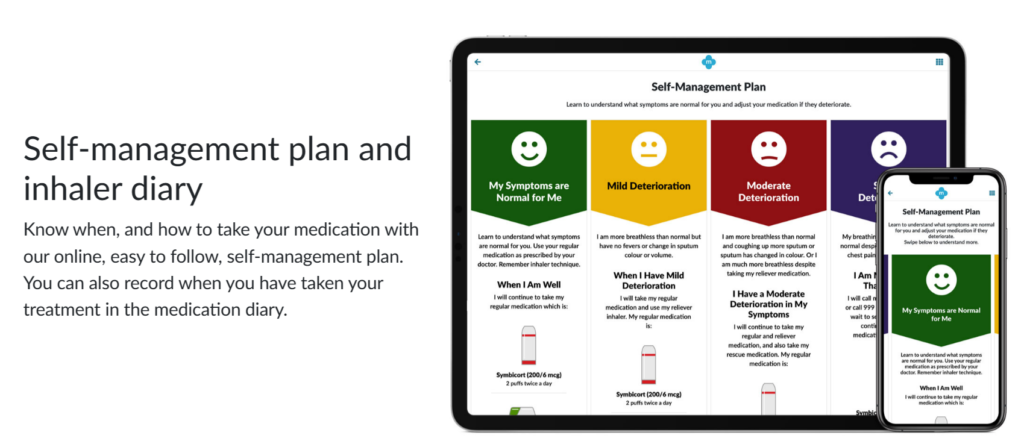
A Focus on Long-Term Respiratory Conditions:
Chronic Obstructive Pulmonary Disease (COPD) is a long-term respiratory condition affecting over 1.17 million people in England alone. In spite of the prevalence, it’s estimated that an additional 2 million individuals remain undiagnosed. COPD, which includes chronic bronchitis and emphysema, is characterised by breathlessness, persistent coughing, wheezing, and frequent chest infections. Triggers include respiratory tract infections, smoking, and environmental pollutants.
The Impact of COPD on Hospital Admissions
Exacerbations of COPD are the second most prevalent cause of emergency hospital admissions in the United Kingdom (UK), accounting for one in eight of all hospitalisations. The increased shortness of breath or coughing that occurs as a result of these flare-ups frequently calls for immediate medical attention at a hospital.
The Role of Pulmonary Rehabilitation in COPD Management
Pulmonary rehabilitation has proven effective in the UK in managing COPD according to the National Health Service (NHS). Approximately 90% of patients who complete an in-person programme, experienced increased exercise capacity and equally important, improved quality of life. However, these programmes are currently only offered to 13% of eligible patients in the UK, predominantly those with severe COPD.

Introducing Digital Rehabilitation Technologies for COPD
The medical technologies advisory committee of National Institute for Health and Care Excellence (NICE) recommends two digital technologies, MyCOPD and SPACE for COPD, for pulmonary rehabilitation treatments. These platforms offer fitness regimens and educational sessions, enabling COPD patients to manage their condition at their convenience. While they don’t replace traditional in-person rehabilitation, they offer a valuable option for individuals without access to local facilities and to those who prefer not to have in-person treatment.
